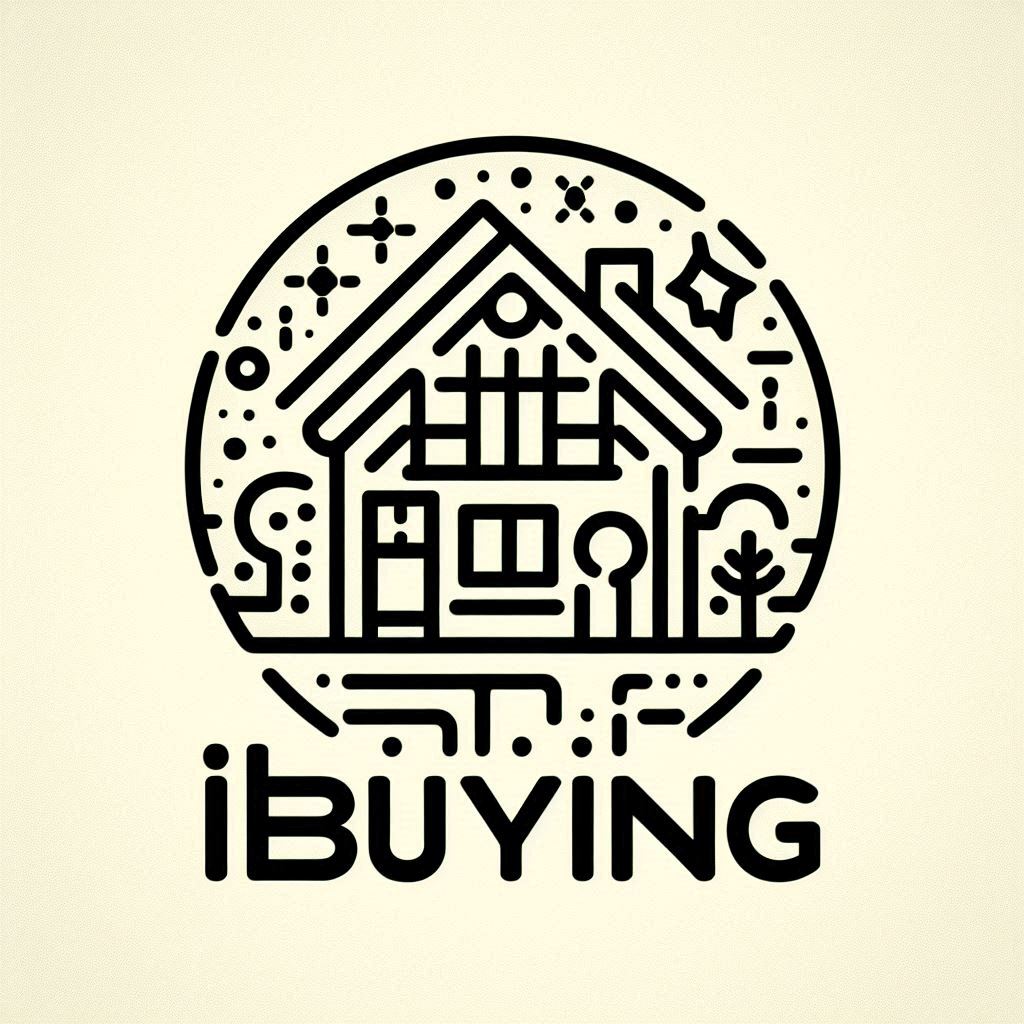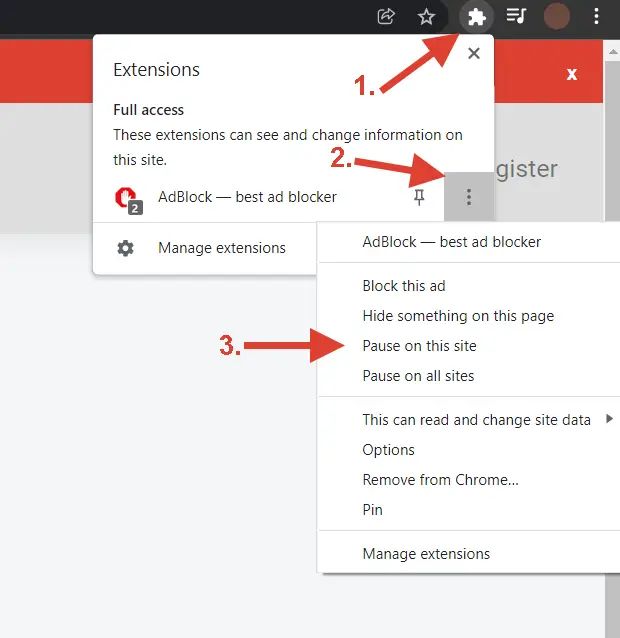For a few years, the real estate world was buzzing with a new, streamlined way to sell your home. Instead of the traditional process of listing, staging, and showing, companies called iBuyers promised a quick, all-cash offer, often within days. Zillow, the most visited real estate platform in the U.S., jumped into this arena with its own ambitious program: Zillow Offers. It promised sellers convenience and certainty, aiming to revolutionize the transaction process.
However, in late 2021, Zillow abruptly shut down its iBuying division, leaving many homeowners and industry watchers wondering what happened. This guide will walk you through the entire story. We’ll explore the concept of iBuying, detail the Zillow Offers process, uncover why the program ultimately failed, and look at Zillow’s role in the real estate market today.
Table of Contents
- What is an iBuyer? The “Instant Offer” Model
- How Did Zillow Offers Work?
- What Happened to Zillow Offers?
- The iBuyer Landscape After Zillow Offers
- How Does Zillow Work Now?
- Frequently Asked Questions
What is an iBuyer? The “Instant Offer” Model
Before diving into Zillow’s story, it’s important to understand the business model at its core. So, what is iBuyer? The term “iBuyer” stands for “instant buyer.” These are real estate companies that use technology and algorithms to make quick cash offers on homes directly from sellers.
The iBuying model is designed to eliminate the uncertainties and lengthy timelines of a traditional home sale. Instead of listing a property and waiting for a buyer, a homeowner can go online, provide some information about their home, and receive a preliminary offer, often in 24 to 48 hours.
The main appeal comes down to a few key benefits:
- Speed: iBuyers can close a sale in a matter of days or weeks, compared to the months it can take on the open market.
- Certainty: Sellers receive a firm cash offer, which eliminates the risk of a buyer’s financing falling through.
- Convenience: The process removes the need for showings, open houses, and stressful negotiations.
Leading companies in this space include Opendoor Offerpad, who pioneered and continue to operate this model. When Zillow entered the market, it quickly became one of the largest players in the ibuyer program space.
How Did Zillow Offers Work?
The Zillow Offers program was Zillow’s direct entry into the iBuying market. The goal was to provide homeowners with a modern, hassle-free alternative to the traditional sales process. If you were looking to sell my house to Zillow, the experience was designed to be straightforward and digital-first.
So, how does Zillow Offers work? The zillow offers process typically followed these steps:
- Request an Offer: A homeowner would start by entering their address on Zillow’s platform to express interest and get an offer from Zillow. They would answer some basic questions about their home’s condition, features, and any upgrades.
- Receive a Preliminary Offer: Zillow’s algorithm would analyze the property information, local market data, and comparable home sales to generate a preliminary, no-obligation zillow cash offer. This initial valuation was often closely related to the home’s Zestimate®.
- Home Assessment: If the seller was interested, Zillow would schedule an on-site inspection to assess the home’s condition in detail. A Zillow representative would evaluate the property for any necessary repairs.
- Get a Final Offer: After the assessment, Zillow would present a formal, final zillow offer. This offer would include a breakdown of any deductions for repair costs and a service fee. This addressed the question of how much does zillow charge to buy your house. The zillow offers fees typically ranged from 5-8% of the sale price, which was comparable to traditional agent commissions but structured as a service charge.
- Closing: If the seller accepted, they could choose a flexible closing date that suited their schedule, typically anywhere from a few days to a few months.
The primary appeal for those considering selling my home to Zillow was the combination of speed and control over the timeline, which were seen as major zillow perks.
What Happened to Zillow Offers?
In November 2021, Zillow announced it was shutting down Zillow Offers, a move that surprised the industry. The central question everyone asked was, why did zillow offers fail?
The company stated that its iBuying algorithm was unable to accurately predict future home prices. The model’s unpredictability meant Zillow was often paying too much for homes in a volatile market, creating unsustainable losses. While the Zestimate is a powerful tool for consumers, using it as the foundation for a massive, high-risk home-flipping operation proved too challenging. This gets to the heart of why did zillow stop buying houses. The zillow offer strategies built around its pricing algorithms couldn’t keep up with real-world market shifts.
So, when did zillow stop buying houses? The wind-down process began in late 2021 as Zillow worked to sell the remaining inventory of homes it had purchased. During its operation, zillow buys houses in dozens of markets across the country. Answering the popular search query “what does zillow do with the homes they buy?” is simple: after purchasing a property, Zillow would perform light repairs and renovations before listing it for sale on the open market. The property status on the platform would switch from off-market to show the contrast between zillow active vs for sale.
Ultimately, the experiment in zillow ibuying concluded, and the company shifted its focus back to its core business.
The iBuyer Landscape After Zillow Offers
While the zillow ibuyer program has ended, the iBuying model itself has not disappeared. Zillow offers competitors like Opendoor and Offerpad continue to operate and refine their business models. The exit of such a large player certainly reshaped the industry, but the demand for a more convenient and predictable way to sell a home persists.
The story of Zillow Offers serves as a significant case study in the real estate technology sector. It highlighted the immense difficulty of accurately pricing real estate at a massive scale and the financial risks associated with the iBuyer model, especially in fluctuating markets.
For Zillow, winding down the zillow ibuyer division marked a strategic pivot. The company returned its focus to what it calls the “housing super app”—an integrated platform of services designed to help renters, buyers, and sellers navigate their journey with the help of partner agents and loan officers.
How Does Zillow Work Now?
With Zillow Offers in the rearview mirror, it’s important to understand how does Zillow work today. Zillow remains the most visited real estate website in the U.S., but its business model is now centered on connecting consumers with professionals and providing digital tools, rather than buying homes directly.
Here are some of its core services:
- Zestimate®: Zillow’s famous home valuation tool is still a central feature. It provides an estimated market value for over 100 million homes, but it is not an appraisal or a formal offer. Many users wonder how close are zillow offers to zestimates; when the program was active, the Zestimate served as a starting point, but the final offer often changed significantly after the in-person assessment. It is crucial to remember that a Zestimate is not a zestimate cash offer.
- Zillow Premier Agent®: This is Zillow’s primary revenue driver. Real estate agents pay to be featured in specific ZIP codes, and Zillow connects them with motivated buyers and sellers who inquire about properties on the platform.
- Zillow Home Loans: Zillow’s affiliated mortgage lender offers financing solutions for homebuyers, further integrating the transaction process within its ecosystem.
- Rentals Platform: Zillow provides a comprehensive suite of tools for both renters and landlords, including listings, applications, and online rent payments.
By leveraging these interconnected services, Zillow aims to be a central hub for every stage of the real estate journey. Many consumers still search for zillow keywords related to buying and selling, and Zillow’s platform remains a top destination for that research.
Frequently Asked Questions
Does Zillow buy houses?
No. Does Zillow still buy houses is a common question, but the company shut down its iBuying division, Zillow Offers, in late 2021. Therefore, Zillow is not currently buying homes directly from sellers.
What happened to Zillow Offers?
The what happened to Zillow Offers question has a clear answer: Zillow closed the program because its pricing algorithms were not accurate enough to predict future home values, leading to significant financial losses.
Is Zillow an iBuyer?
Is Zillow an iBuyer anymore? No. While Zillow previously operated as an iBuyer through Zillow Offers, it has since ceased its iBuying operations.
Are Zillow Offers legit?
When the program was active, the answer to “are zillow offers legit” was yes. It was a legitimate business operation where Zillow made cash offers and purchased homes. However, the program is no longer available.
Why did Zillow stop buying houses?
The main reason why did zillow stop buying houses was the financial risk associated with its inability to accurately forecast home price appreciation and depreciation at scale.
Does Zillow buy houses?
Based on the company’s current strategy, the answer to “does zillow buy houses” is no. Zillow has pivoted away from iBuying to focus on its agent partnership and technology platform model.
How does selling your house to Zillow work?
Previously, how does selling your house to Zillow work involved requesting an online offer, undergoing a home inspection, receiving a final cash offer with fees and repair costs deducted, and then choosing a closing date. This service is no longer offered.
What are Zillow cash offers?
What are zillow cash offers? They were all-cash proposals made to homeowners through the now-defunct Zillow Offers program. The goal was to provide a quick and certain sale. The process for how do zillow cash offers work involved an initial algorithmic offer followed by a revised offer after an in-person home assessment.
Does Zillow buy condos?
When Zillow Offers was active, the answer to “does zillow buy condos” was yes, in select zillow offers markets. However, with the program’s closure, this is no longer the case.
Is Zillow Offers still available?
No, is Zillow Offers still available is a frequently asked question, and the answer is that the program was permanently discontinued.


